At Advanced Optometry we understand keratoconus.
Restoring the vision in patients with keratoconus is complex and requires special expertise and equipment. Advanced Optometry is one of Australia’s leading practices for the management of keratoconus, having helped over 2000 patients with keratoconus restore their vision and lead the lives they want.
Keratoconus is an eye disorder that affects the shape and transparency of the cornea, which is the clear front surface of the eye. In individuals with keratoconus, the cornea gradually thins and bulges into a cone-like shape instead of maintaining its normal rounded curvature. This abnormality in the cornea leads to visual distortion and a variety of vision problems. Keratoconus can be progressive, however if detected early and managed correctly, the condition can be stabilised and the vision can be restored.
The exact cause of keratoconus is not fully understood but it is believed to be primarily genetic, however it may be exacerbated by environmental and hormonal factors. Keratoconus often appears during adolescence or early adulthood and tends to progress slowly over several years. Initially, individuals may experience mild blurring of vision and increased sensitivity to light. As the condition progresses, nearsightedness and irregular astigmatism become more pronounced, causing significant visual impairment.
Diagnosing keratoconus involves a comprehensive eye examination, including corneal mapping techniques such as corneal topography. Treatment options depend on the severity of the condition. It is important to stabilise the condition early with corneal collagen cross-linking (CXL). In its early stages, glasses or soft contact lenses may correct vision adequately. As the condition progresses, rigid gas-permeable (RGP) contact lenses or hybrid contact lenses are often prescribed to provide better visual acuity by reshaping the cornea. Most commonly, patients with keratoconus achieve their best visual outcomes with the newest scleral contact lenses, which are custom made large rigid contact lenses and offer the most advanced optics, typically with very good comfort.
In more advanced cases or in rare cases when contact lenses cannot be tolerated, surgical interventions may be considered. These may include corneal collagen cross-linking (CXL) to strengthen the cornea with the addition of surface laser (PTK), implantation of implantable collamer lenses (ICLs), intracorneal ring segments (ICRS) to improve corneal shape, or in severe cases, corneal transplantation. Emerging surgical options such as the CAIRS technique (Corneal Allogenic Intrastromal Ring Segments) may prove to be effective treatments.
Regular eye examinations and early detection are crucial in managing keratoconus effectively and preserving visual function. With appropriate treatment and care, individuals with keratoconus can usually maintain very good vision and quality of life.



